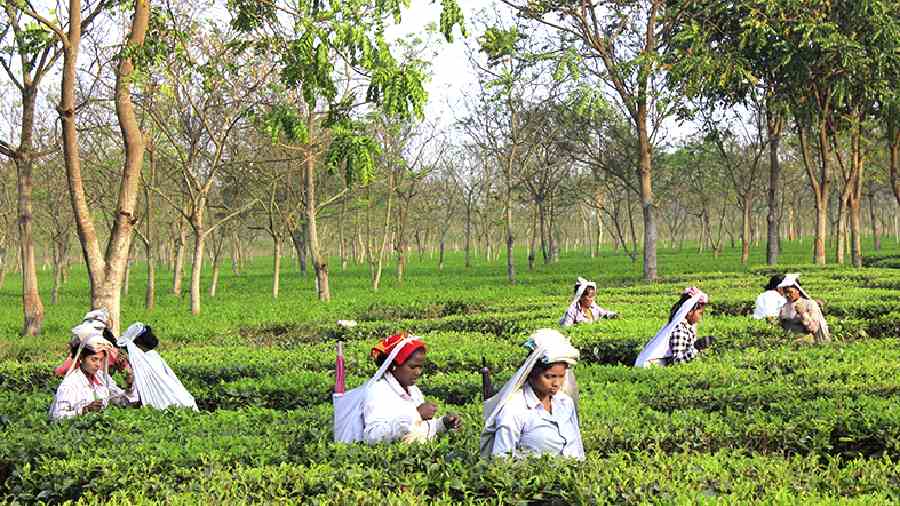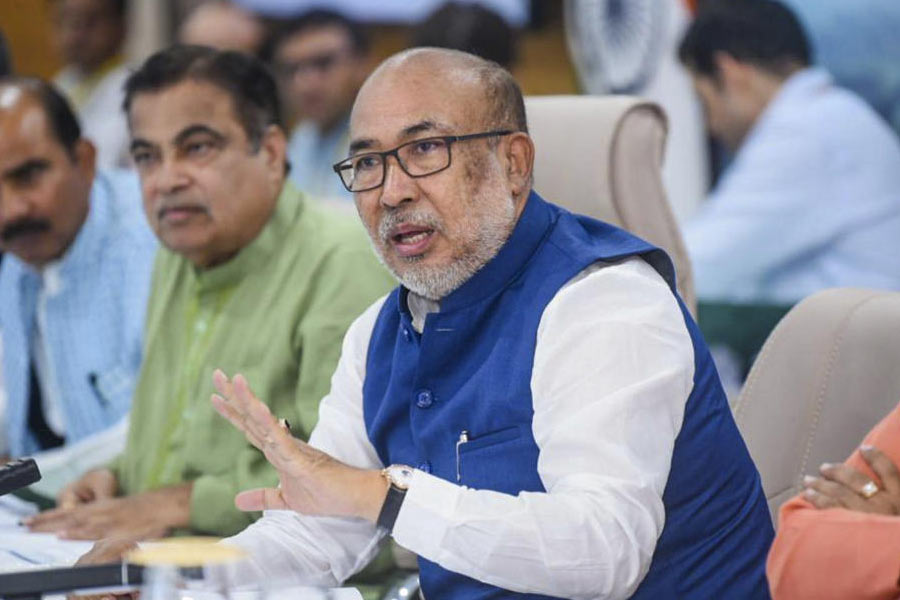A survey by two Calcutta-based NGOs in the tea estates of Terai has revealed that legislation enacted 10 years back to prevent and redress incidents of sexual harassment of women in workplaces has not yet been implemented in tea gardens.
Around 51 per cent of employees in this sector are women.
This is for the first time that such a survey has been done in the brew belt of this region.
NGO Sanhita did it in association with Nagarik Mancha across 24 tea estates of the Terai.
“We did the survey among women workers in these tea gardens from May to September last year. It was surprising that the Act passed to redress exploitation in the workplace has not been introduced in any garden. Female workers that we spoke to are not even aware that such a law exists,” said Sirsha Gupta, the programme officer of Sanhita, referring to the Sexual Harassment of Women at Workplace (Prohibition, Prevention and Redressal) Act, 2013.
No initiative has been taken by tea companies — the employers of these women — to implement the Act in their respective gardens, Gupta said.
“It is mandatory to have a four-member committee (referred to as an internal committee in the Act) which should have a senior women worker, representatives from an NGO, a legal expert and a representative of trade unions in each garden. This committee will act in case any incident of sexual harassment is reported or a complaint is filed by a woman worker. No such committee exists in the gardens where we did the survey,” said Gupta.
She said that in the next couple of months, they would conduct a similar survey in some tea estates of the Dooars.
“After that survey is done, we will prepare a final report of our findings and will submit it to the Union labour ministry and the state labour department,” she added.
“It is indeed alarming that the Act has not been implemented in an industry where women constitute the majority of the workforce,” she pointed out.
During the exercise, team members of the NGOs spoke with women tea workers, officials of the state labour department, tea planters’ associations and the representatives of the trade unions.
“Detailed discussions were held with 40 workers in eight groups and the interviews of 32 workers were noted during the survey,” said a source.










